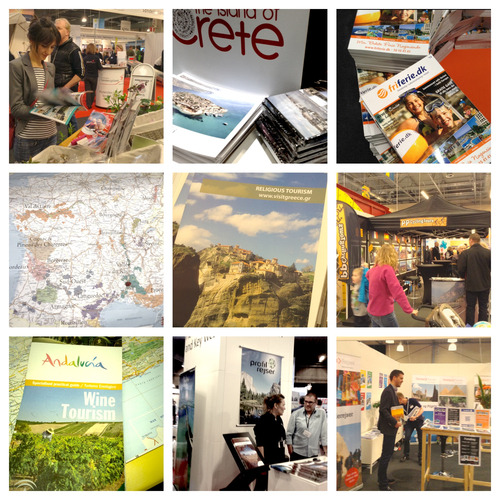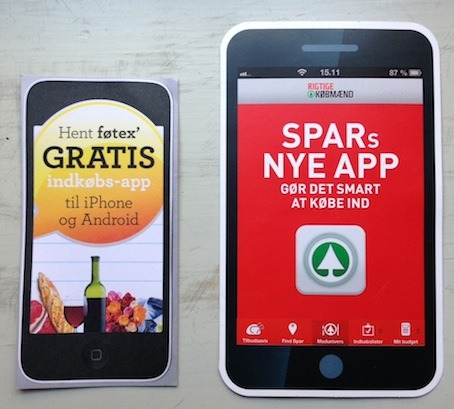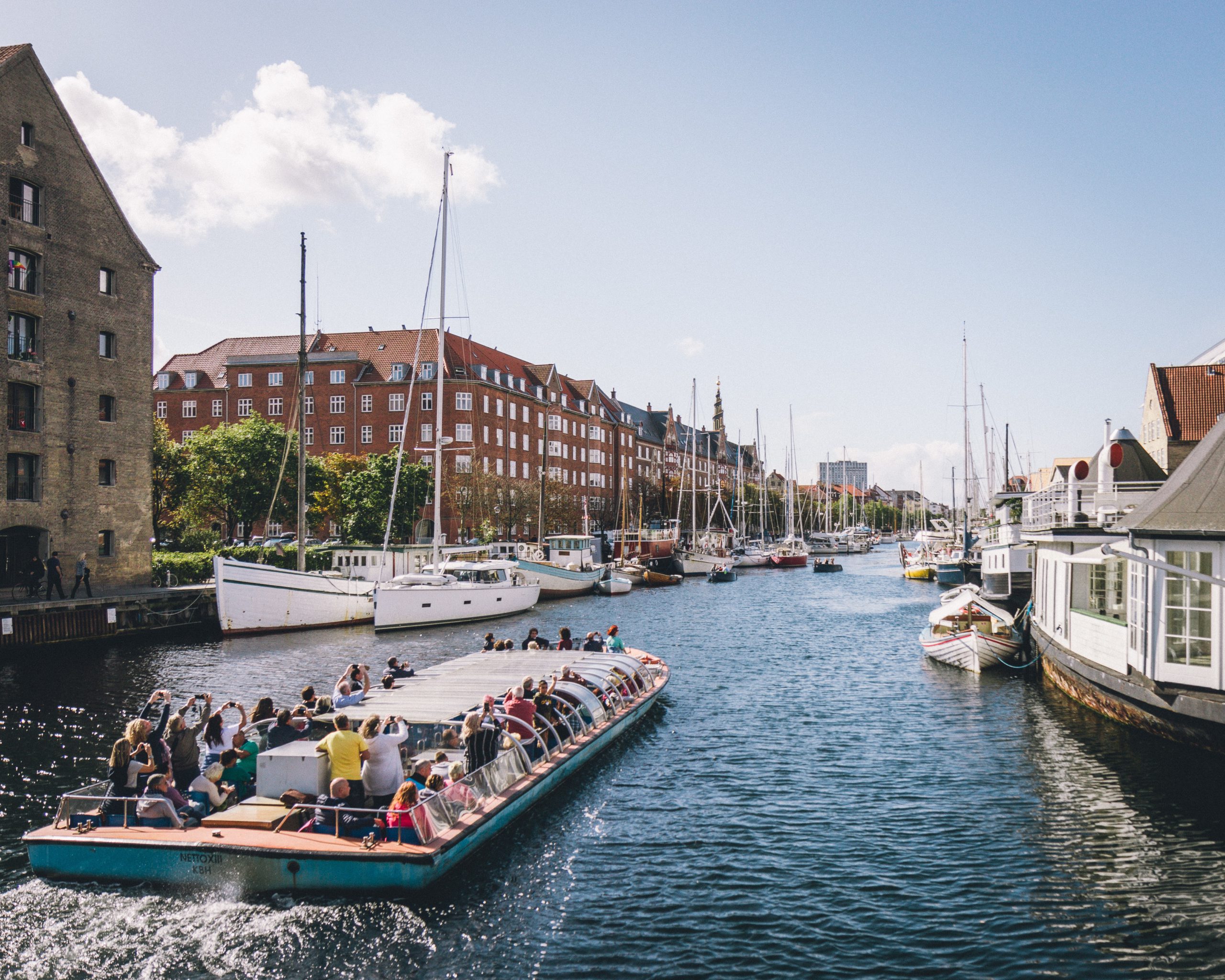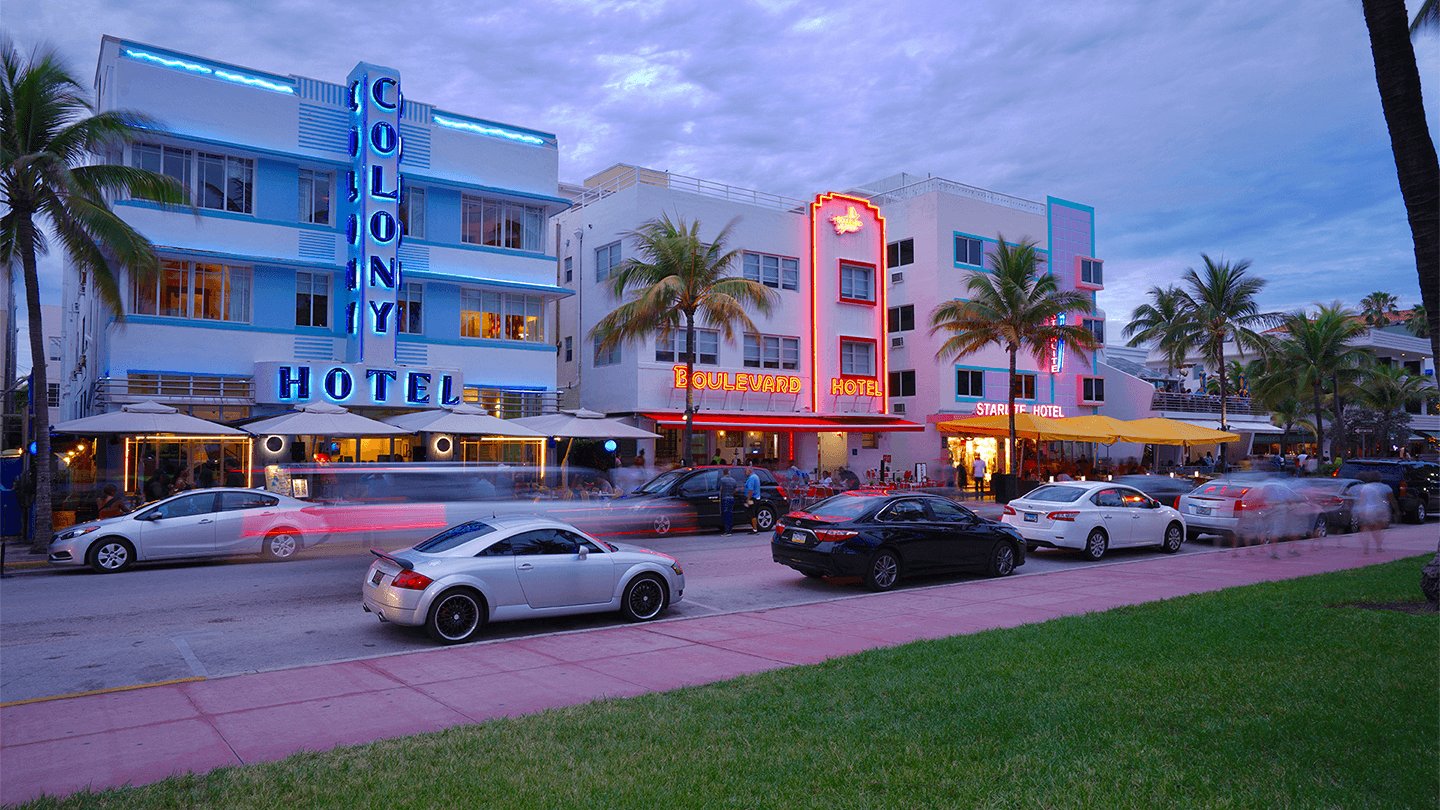This post was also published as a popular guest post on travel tech site news site Tnooz.
….
In the recent month Triptale went to two traditional consumer travel shows, Herning Travel Show and ITB in Berlin, to see how travel companies promote their destinations. The shows were massive and included all the major destinations, airlines and travel companies in Northern Europe.
Many had used small fortunes on their stands, which did look impressive. But when it came to thinking creatively about marketing, we were disappointed, there was practically no digital touch to any of the marketing materials.
The goal for having a stand is to meet people, look them in the eyes, build a connection and get them to select you when they finally book their next travel in some months time. A highly competitive situation, so it I was surprised everyone opted for same traditional paper brochures, since they are notoriously ineffective for long term effect.
That fact is that 34% of people now book travel from their mobile, and 40% use their mobiles to find information*. This is a major opportunity for marketeers. * IBT World Travel Monitor

All exhibitors had a wealth of physical brochures, all beautiful colorful materials which would be a great marketing if it wasn’t because most people throw them away before they ever read them.
A big advantage to digital marketing over physical marketing is longevity.
Once a potential costumer has downloaded information about you and your offerings onto their phone they can find you again. This small detail is crucial because:
- With such similar offerings, it’s hard for the costumer to remember who offered what. This is both after a big trade show and after browsing the web
- Most people will book months after they’ve met you. By then they’ve forgotten who had the deal or the destination, maybe even your company name
- People loose brochures, or throw them away, but
- Up to 80% of people never delete an app once its on their phone
Digital marketing trumps when it comes to flexibility and cost savings.
Instead of producing expensive brochures that become outdated, or fail to hit the sweet spot, an app is flexible. (ok, perhaps not all apps, but an app made with Triptale is). The app can be updated with new content to keep it up to date, or have the contents replaced if the existing content isn’t effective. This allows the marketing manager to test different material and different segments. Long term it offers serious financial savings for printing, because an app can be distributed over and over again.
As an alternative to big catalogues (which people are loath to carry around) I’d suggest a tiny little brochure in the shape of an app which encourages people to download the app in their own time. You’re much more likely they will take this tiny brochure than a big catalogue, yet it allows you to present as much information.

Once you have an app on people’s phone, you have the first foot in the door to start building a connection. That’s a whole other story which we’ll cover in another blog post.
Looking at the piles of paper brochures at the trade show I couldn’t help think how much rainforest we could have saved, and how much better results the travel companies would have got if they’d promoted downloads of branded apps with information and offers instead. After all our apps only cost $7500. You don’t get many brochures for that!
See more on https://triptale.net



